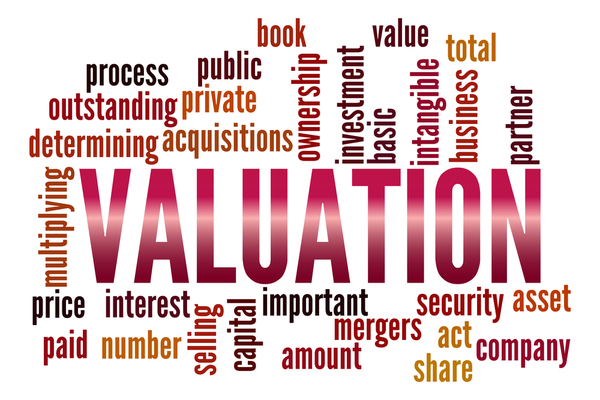
When valuing a business, there are three key business valuation methods that are currently generally accepted:
- Asset valuation method – calculates the value of tangible and intangible assets
- Discounted cash flow analysis – determines the present value of future opportunities or cash flow
- Capitalisation of profit – multiplies a business’ adjusted net profit before tax by a capitalisation factor, which is specific to each business and that particular point in time.
Different methods can be used for valuing different types of businesses.
If a business is heavily reliant on fixed assets, such as a machinery hire business, then using the asset valuation method could be more applicable than the discounted cash flow analysis or capitalisation of profits method. This method simply values the assets of the business at current market value and places no reliance on turnover, profit or goodwill of the business.
If a business is larger and more firmly established with fairly steady growth history to use as the basis for projections of future growth, then a discounted cash flow analysis could be used to value the business. The main weakness of using this method is the sensitivity to the forecasts and assumptions used in the valuation. Even small adjustments can cause a discounted cash flow valuation to vary widely.
Capitalisation of Profits is the most commonly used valuation method for most businesses. This method assumes the business is a going concern and establishes a value for the business in its current form, based on adjusted earnings ie determines the goodwill of the business. The valuation does not incorporate future growth.
This valuation method is based on the profits (before interest and tax) generated by a business over the most recent relevant years, usually the last three years, adjusted for non-commercial transactions. A business capitalisation rate/profit multiple is then applied to this amount to determine the business valuation. To this amount, the other tangible assets of the business net of applicable liabilities are added to the business valuation to arrive at the total value of the enterprise. This enterprise value is divided by shares on issue to determine the share value for a company or units on issue to determine the unit value for a trust.
The impact of the current COVID 19 pandemic on the profit results of the business also need to be considered when thinking about valuing your business. If your business has had a significant impact from COVID 19, the profits used in the valuation of the business may need to be adjusted to a ‘normalised’ position.
Valuations of your business can be used for many reasons, the most common being:
- Sale of a business
- Transferring shares/units in order to implement succession planning
- Insurance requirements for shareholder agreements
- Marriage settlements
As a business owner, knowing the current value of your business, and flowing on from that, how to improve the current value of your business, is key to ensuring when the time comes to move on, the business value is optimised.
Please speak to your local Accru advisor to discuss your business valuation options in more detail.
